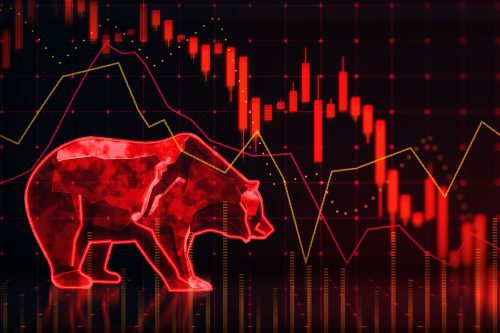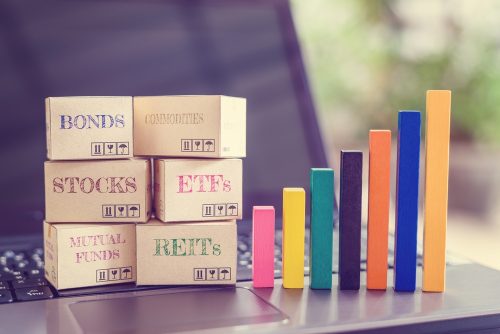Investors and advisors around the world are always striving to understand the markets, hoping to use educated logic to anticipate where it’s headed. Applying logic to the markets seems like it should make perfect sense. For example, we might expect the markets to decline when we have higher than expected unemployment numbers, and when we have better than expected GDP numbers, we expect the markets should go up. So why doesn’t it always work that way?
The simple answer is that the markets are generally forward-looking. They look at future economic fundamentals and future earnings of companies to set prices. They try to “price in” many different variables, such as the direction of interest rates or the effects of economic stimulus packages, typically trying to look six to nine months ahead.
Individuals rely on a combination of facts, research, trends, and intuition to make decisions. But sometimes the markets get it wrong. How do you predict how the markets will react when we have a tech bubble like in 2000/2001, a major financial crisis like in 2008/2009, or a global pandemic like we are currently experiencing?
Well, for one thing, we have learned that the markets hate uncertainty. Uncertainty clouds the crystal ball, causing confusion and panic in the markets. Volatility increases, future economic numbers become less clear, and company revenue and earnings become even more challenging to estimate. Hence, the forward-looking markets have little to base their pricing on, and they become uneasy, not knowing how to predict. Fear of the unknown causes great angst for people, as well as the markets.
So how do we fix it? How can we weather this storm?
First, we stay calm and not let emotions get the best of us. Next, we accept the fact that we need to give the markets time because, with time, clarity will return. Time allows us to get a handle on how today’s crisis will affect the economic numbers and futures earnings (either good or bad). As the crystal ball becomes less cloudy, the feeling of the unknown will dissipate, the markets will begin to feel more comfortable, and volatility will decrease.
All we need is clarity. In time, we will have it.
















